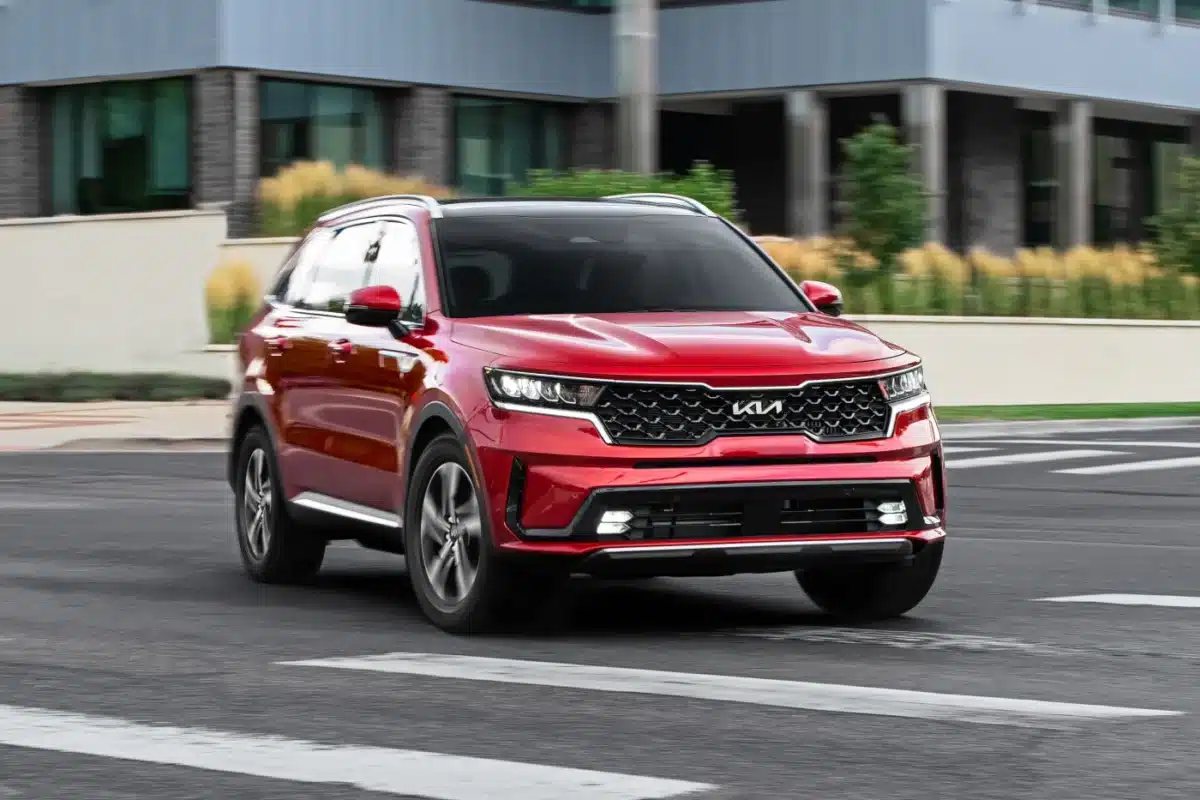Citing possible safety hazards resulting from defective wiring beneath the passenger seat, Kia has announced the recall of over 80,000 cars in the US. The flaw may result in unintentional airbag deployment or impair seat belt and airbag deployment.
The recall draws attention to persistent issues with vehicle safety, especially as more sophisticated electrical systems are used in contemporary automobiles. It also acts as a reminder of the growing safety issues surrounding hybrid and electric cars.
Safety Concerns Linked to Faulty Wiring
80,255 Niro EV, Niro Plug-in Hybrid (PHEV), and Niro Hybrid automobiles from the 2023–2025 model years are included in the recall. The National Highway Traffic Safety Administration (NHTSA) has documents that describe the potential for damage to the floor wiring beneath the front passenger seat. This can result in serious malfunctions that raise the risk of injury considerably, including airbags and seat belts not working in a collision.
Additionally, the wiring issue poses the risk of an unintended side curtain airbag deployment, which could occur without warning. To address the problem, Kia has committed to inspecting, replacing, and rerouting the wiring assembly where necessary. Dealers will also install protective wiring covers as a preventative measure. All repairs will be carried out free of charge, with owners set to receive notification letters in March.
This development marks Kia’s continued efforts to address safety issues, particularly those associated with electrical systems in newer vehicles.
Wider Implications for Electric Vehicle Reliability
This recall follows a similar incident in November 2024, when Kia and its parent company, Hyundai, recalled over 208,000 electric vehicles due to a separate electrical fault. That issue involved a damaged transistor in the charging control unit, which could prevent the 12-volt battery from charging, potentially leading to a total loss of driving power.
The increasing complexity of electrical systems in modern cars, especially in hybrid and electric vehicles, is contributing to new safety challenges for manufacturers. These systems, while essential for improved efficiency and performance, present potential vulnerabilities that require ongoing scrutiny.
Automotive recalls of this magnitude underscore the importance of robust quality control processes, particularly as the industry accelerates its transition toward electrification. For consumers, such incidents highlight the need for vigilance when it comes to vehicle maintenance and safety updates.









